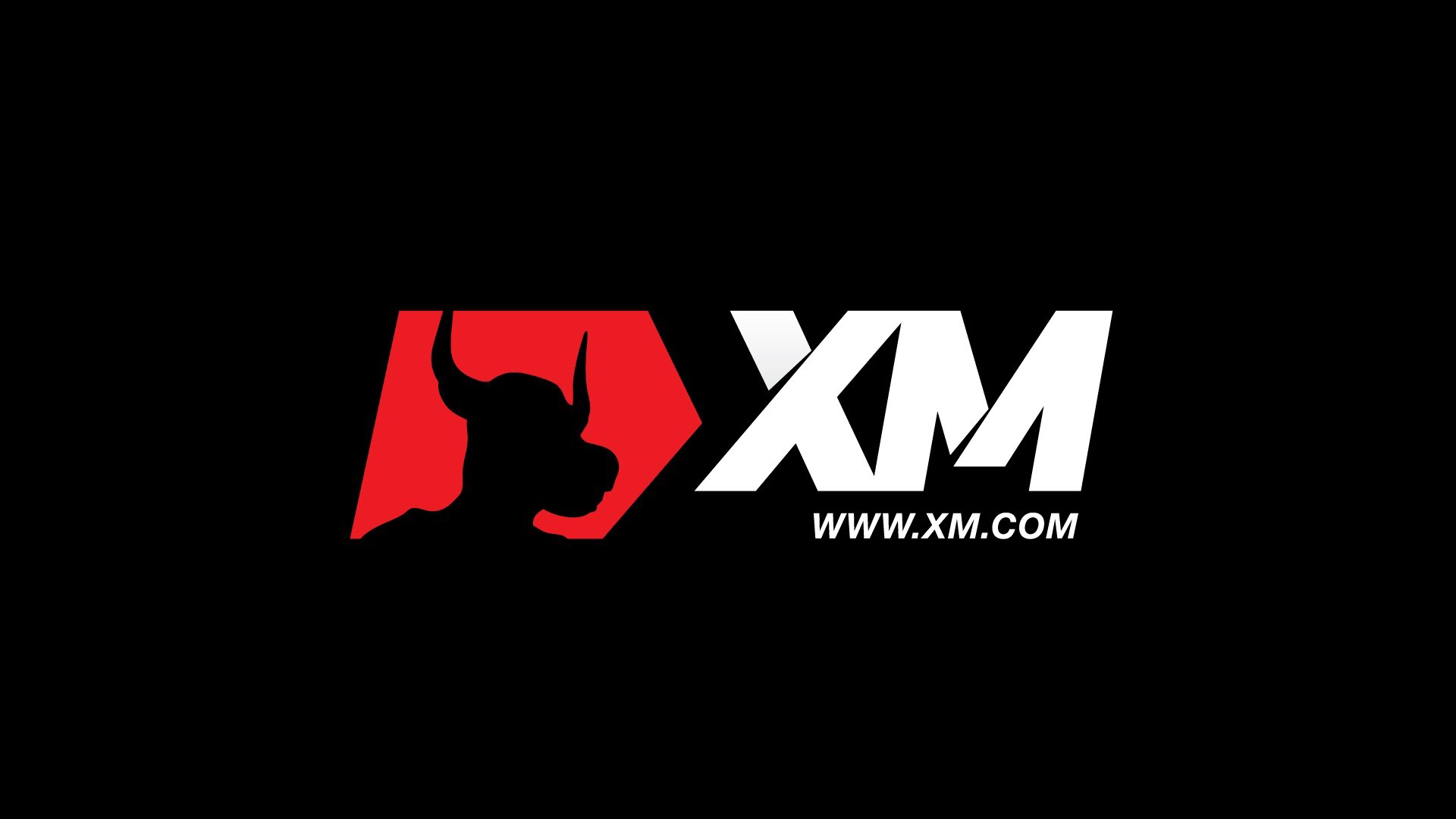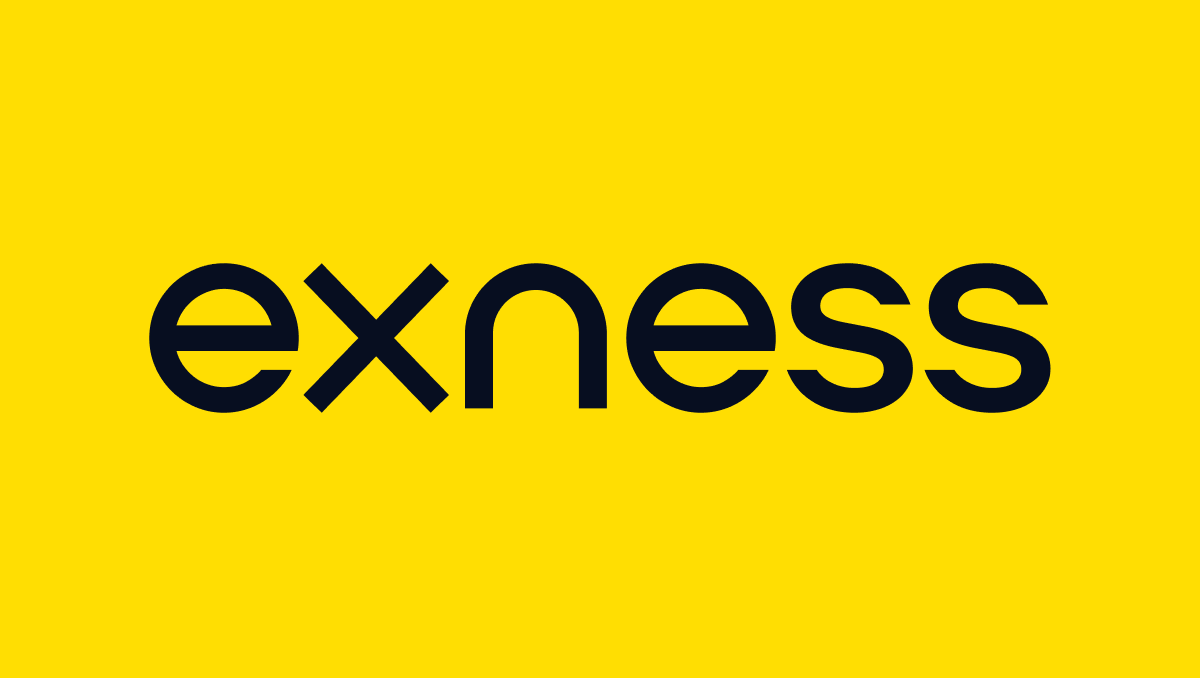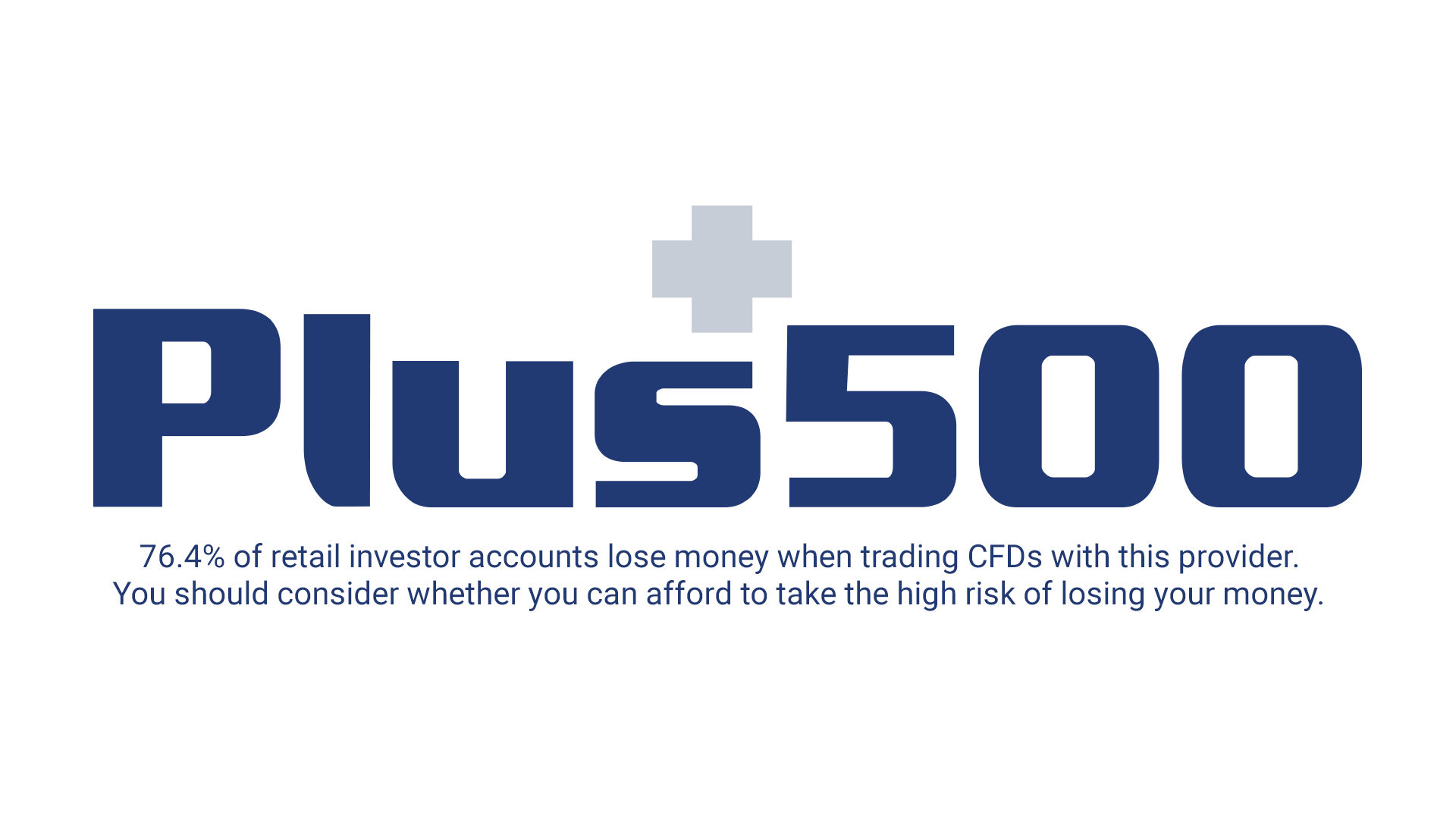Contents
Many beginners may not initially know this, but Japan is one of the leading Forex countries in the world. In fact, Japan is one of Asia’s leading financial centers, up there with Singapore and Hong Kong. Forex trading especially is really popular in Japan, and there are thousands upon thousands of traders there who love to take advantage of this amazing market and the opportunities that it offers.
The Forex environment of this country is very much in line with its state and the reputation for unparalleled discipline and stability. Indeed, the country is known to have one of the most hard-working and disciplined people in the world, which were all a very big and major contributor to its economic success, and making them one of the key players on the global economic and political scene.
In this guide, we will be taking a quick look at the Japanese Forex market, and discussing all the important details such as the legal environment, your safety and security as a trader, what kind of opportunities you can expect, and also who are the best Forex brokers available in Japan. If you are a beginner, or even an intermediate trader, who is joining the Japanese Forex market for the first time, then this guide is for you. Here, you will learn all the important details and get all the necessary info on how to get started with trading in Japan “on the right foot”.
Who are the best Forex brokers in Japan?
Given Japan’s status as a major financial center, naturally, you can expect a selection of some really great brokers. More importantly, the quality of the brokers available in Japan is quite high. This is thanks to Japans’ great approach to regulating and building up the market to the highest possible level. The following is our list of what we believe to be the best Forex brokers in Japan. Our attempt was to make the list as balanced as possible, meaning that every important detail such as your safety, usability of the broker’s website, availability of options, and all the important details were taken into account.
XM


Min. Depo
$5

Licences
FCA, CySEC, IFSC, ASIC, DFSA

Leverage
1:888

Platforms
MT4, MT5, WebTrader
AvaTrade


Min. Depo
100 USD

Licences
ASIC, FSA, FSCA, FFAJ, FSRA, FSC

Leverage
400:1

Platforms
MT4, MT5
Exness


Min. Depo
$10

Licences
CySEC, FCA, SFSA

Leverage
1:2000

Platforms
MT4, MT5
FundedBull


Min. Depo
49 USD

Licences
N/A

Leverage
N/A

Platforms
MT4, MT5, cTrader
Forex.com


Min. Depo
$100

Licences
NFA, CFTC, FCA, FSA, IIROC and CIMA

Leverage
1:50

Platforms
WebTrader, MT4, MT5
CMTrading


Min. Depo
250 USD`

Licences
FSCA

Leverage
1:200

Platforms
MT4, WebTrader, Copykat
Plus500


Min. Depo
$100

Licences
FCA, ASIC, CySEC, FSCA, FMA, MAS

Leverage
1:30

Platforms
WebTrader, Windows 10 Trader
Forex trading in Japan – a general overview
One of the key points for Forex trading being so successful in Japan is its economic environment. Japan is the home of the Tokyo Stock Exchange (TSE), which has been operating all the way back since 1878. Needless to say, such an experience and track record goes really far and is one of the many reasons as to why it’s such a great environment. Based only on market capitalization, to this day remains one of the biggest stock exchanges in the world.
The biggest and most important index on TSE is the Nikkei Stock Average, also known as Nikkei 225. The name comes from the fact that it is based on the performance of the 225 largest publicly owned companies in Japan, in a very large number of important industries such as banking, securities, retail, insurance, manufacturing, communications, and much more. Among the companies are the likes of Toyota, Sony, Mitsubishi, Yamaha, and many more companies that are known all around the world.
Japan’s status as a financial hub is almost equivalent to the other largest ones in the world, such as New York, London, etc. Additionally, Japan’s national currency, the Japanese Yen (JPY), is among the most highly traded currencies in the world, sharing the ranks with the biggest currencies like USD and EUR.
Japanese Financial Services Agency
Any country that would supposedly be among the top Forex countries in the world would definitely need to have an extremely robust, strong, and effective regulatory environment. This is definitely the case for Japan, as its regulatory environment is one of the key reasons as to why it’s so successful. The official legal entity behind this great regulatory framework is the Japanese Financial Services Agency (JFSA) and is solely responsible for turning the Japanese market into what it is today. Let’s talk about this official Forex regulator in Japan, how it works, and exactly in what ways it guarantees your safety.
JFSA – a general overview
JFSA is, as we mentioned, a very effective regulator. Its effectiveness doesn’t come out of nowhere though. In fact, the reason it’s so effective is because of its method of operation – a very disciplined and strict approach, which makes sure that the brokers are kept in check, and that they are always following the relevant rules and guidelines, which we’ll get to below.
JFSA has been operating in the early 2000s and is headquartered in the country’s capital, Tokyo. As a direct regulator of one of the largest financial centers in Asia and the whole world, JFSA is tasked with a very big responsibility, which it takes very seriously. JFSA is tasked with the responsibility of ensuring the stability of the market, and that the brokers are operating in a reasonable and fair manner, and are conducting their business in accordance with all the legal requirements, which themselves are imposed by JFSA.
So, what are the specific ways that JFSA regulates the market? What do these rules that they impose look like, and how exactly do they help you, the average trader?
Licensing
For the local brokers to offer financial services to the investors, they need to be licensed by JFSA. Naturally, since JFSA pays a lot of attention to ensuring the safety of the investors, the obtainment of license requires these brokers to satisfy certain standards and requirements. Only the brokers that manage to satisfy these standards are given the license, which is great, as it ensures that the traders are provided with as high of a quality as possible.
Upon obtaining a license, it isn’t quite over. The brokers still have to meet certain requirements, and they have to meet them over and over again, periodically. This ensures, that the brokers are always “on top of their game” when it comes to following all the relevant rules of safety and ethical conduct. There are numerous ways in which JFSA ensure this, but the bottom line is that if a broker is licensed by JFSA, you can be absolutely sure that they have gone through some rigorous screening, scrutiny, and examination, and that the mere fact that they were able to obtain this license means that they are more than fit for the job.
Detailed audits and reviews
Simply getting a license from JFSA is hardly enough. The brokers always have to ensure that they are meeting the necessary standards and requirements by submitting periodic reviews and audits to JFSA. This way, JFSA can make sure that these brokers are not deviating from the laws even after meeting them in the past.
If these audits and reviews show that the broker is not conducting their business properly, JFSA can take appropriate action. Depending on the specific scenario, it may be warnings, fines, or even suspension of license. As mentioned, JFSA has a very strict approach to regulating the brokers, which works very well, making Japan one of the safest countries for Forex trading. Throughout your whole process of trading in Japan, you can be absolutely sure that your safety is not only taken into account but is deeply cared for.
Restrictions on certain practices
As a regulatory body that is primarily looking for the safety of their traders, JFSA has imposed bans on numerous market instruments and practices that have proven to be dangerous in their high risk, or at least conducive to putting the traders at risk through various means. Although a small number of people have expressed their discontent with these bans, they are ultimately in place for the traders’ safety and have been a net positive on the market. What are the examples of these restrictions?
Well, for one, in Japan, brokers are prohibited from offering any kind of bonuses or promotions for their customers. Sure, everyone loves a bonus or some kind of a freebie, especially when it is in form of money that can be used to trade and make more money with, but the history has shown that these bonuses have a potential to be misused, or used with malicious intent in order to manipulate the customers and traders. As such, you can not expect any welcome bonuses when trading with the Japan-based Forex brokers.
Additionally, JFSA also prohibits brokers to offer scalping and hedging to the local traders. Also, there are limits on leverage as well. The idea of restricting leverage is quite common across many different Forex regulators all over the world. The reason is that leverage, while it can be quite a helpful tool for making a lot of money, especially for the traders with a low budget, it is still a rather risky tool to use.
For many people, instead of profits, leverage has brought nothing but huge losses and debt. Because of this reason, JFSA has imposed a limit on the max leverage, reducing it to a max amount of 50:1 Interestingly, this change was introduced many years ago, right after the financial crisis of 2008, which was one of the deciding factors for JFSA to have made this decision. However, this was not to be the last reduction. A few years after, JFSA has made another revision to the max amount, decreasing it to 25:1. This happens to be the lowest level of leverage compared to anywhere else in the world, showing Japan’s dedication to making the market as safe as possible for all parties involved.
Now, these limitations, for many, can be quite a drawback. The thing is, although as we mentioned these restrictions were placed with the intent of increasing the safety and security of the traders, many traders themselves do not agree with the sentiment, and would rather be given the opportunity to have their freedom with how they choose to trade. This is the reason why many of the Japanese traders opt to go for the offshore brokers. However, it should be noted, that if as a trader you are concerned with your own safety and security, it is highly recommended that you stick exclusively with the local, JFSA-licensed brokers, as this is ultimately the only way you can guarantee your safety.
What do the Japan based Forex brokers offer?
Now that we have discussed the very important legal and safety details, it’s time to get to the good parts, the trading itself! As we all already know, Japan is a major financial hub in China, and as such, you can expect a very good trading environment, no matter what kind of experience you are looking for in particular. Let’s go ahead and discuss in detail what you can expect in terms of currency trading and commodity trading in Japan.
 Currency trading in Japan
Currency trading in Japan
Currency trading is in an extremely good spot in Japan. In fact, as a trader, you may find your best opportunities in Japan in currency trading. You can assure yourself of this by looking at the actual numbers. According to data from 2019, the Japanese Yen accounted for around 17% of all global Forex market turnover, which would put it in third place. The supply of this currency is controlled by the country’s central financial institution, which is the Bank of Japan. Bank of Japan, like JFSA, takes its responsibilities very seriously, and you can be sure that everything is done, and will be done, to ensure the stability and success of the economy.
Although the Yen definitely isn’t one of the strongest currencies in the world, it still remains to be one of the most profitable ones for trading. Japan has a very strict, effective, and disciplined approach to the market. In general, things like the stability of the economy, governmental policies, unemployment rate, and similar factors are the biggest influences on the national currency, and seeing as all the mentioned factors are in a really good state in Japan – especially the latter – you can be sure that it’s in the best hands possible.
Commodity trading in Japan
Commodity trading, although not as “exciting” as currency trading, is still quite interesting in Japan. The thing is, Japan is not a country that is rich in natural resources such as oil and precious metals. In fact, Japan’s exports for refined petroleum and gold both are at around $7 billion, which is not all that impressive for a country with a huge economy like Japan. Even for resources relating to food, Japan is a country that is heavily reliant on imports.
On the other hand, Japan has some amazing exportation numbers for things like vehicles. Indeed, some of the biggest car companies in the world, such as Toyota, Mitsubishi, Honda, and Nissan are from Japan. Japanese cars are known for their unparalleled reliability and are a popular choice for all kinds of car drivers in the world, whether they be regular everyday people looking for their daily driver, or car enthusiasts. As such, these giant car companies have been an extremely important part of the Japanese economy. Needless to say, there are some great opportunities to trade on the shares of these companies, and anything relating to the automotive industry. Japan’s export numbers for vehicles is over $90.3 billion, which is very, very impressive. Aside from that, Japan is a big exporter of car parts, with a total amount exceeding $31.3 billion a year. It’s worth a note, that Japan also exports over $18.8 billion’s worth of integrated circuits ever year.
All that being said, if you are one of the people who really enjoy trading things like oil, you definitely shouldn’t discount the Japanese market! Though Japan is not rich in these resources, it doesn’t mean that you can’t trade on these assets there! The brokers available in Japan satisfy a very high level of standard, and you can enjoy trading on pretty much any asset you wish. Make sure to check out all the brokers we recommended in our list above, and you will be well on your way to finding your ideal broker to start trading within Japan.
Pros and cons of going with Forex brokers in Japan
Here’s what we think are the stronger and weaker sides of Forex trading in Japan:
Pros
- A huge financial center of Asia
- Very safe and secure
- The country has a stable economy
Cons
- Very low leverage limit
Final thoughts on Japan’s Forex market
Japan really and truly deserves its status as a major financial center in China. As we have learned, it offers a Forex market that pretty much everybody else can learn something from. Whether it is safety, diversity, or anything else that you are looking for, Japan has it all. This is why it manages to satisfy pretty much any type of Forex trader. From a country that is known for its hard-working, disciplined, and industrious spirit, you could expect nothing else.
As a final summary, what you can expect from the Japanese Forex market is an environment that is a central piece of the global Forex market, which not only gives you the best of all the necessary tools that you will need for success but also provides a safe environment that encourages you to grow as a trader and as a person. As a Japanese citizen, you should definitely feel lucky to have access to such an amazing environment, and as a foreigner, you should also feel lucky to have an opportunity to participate in this exceptional market. Our verdict is an unanimous yes – Japan is a great Forex market to trade at!








